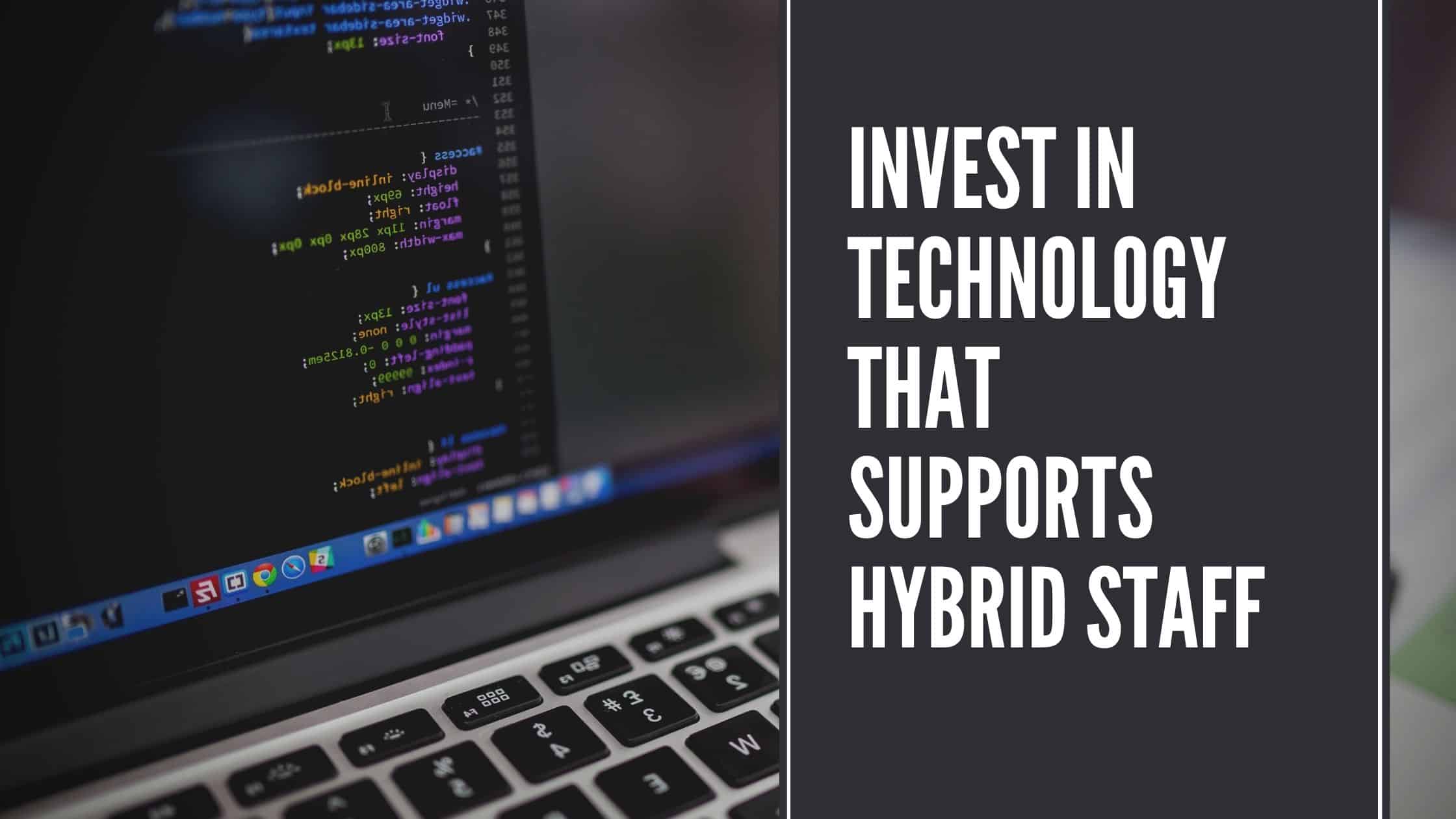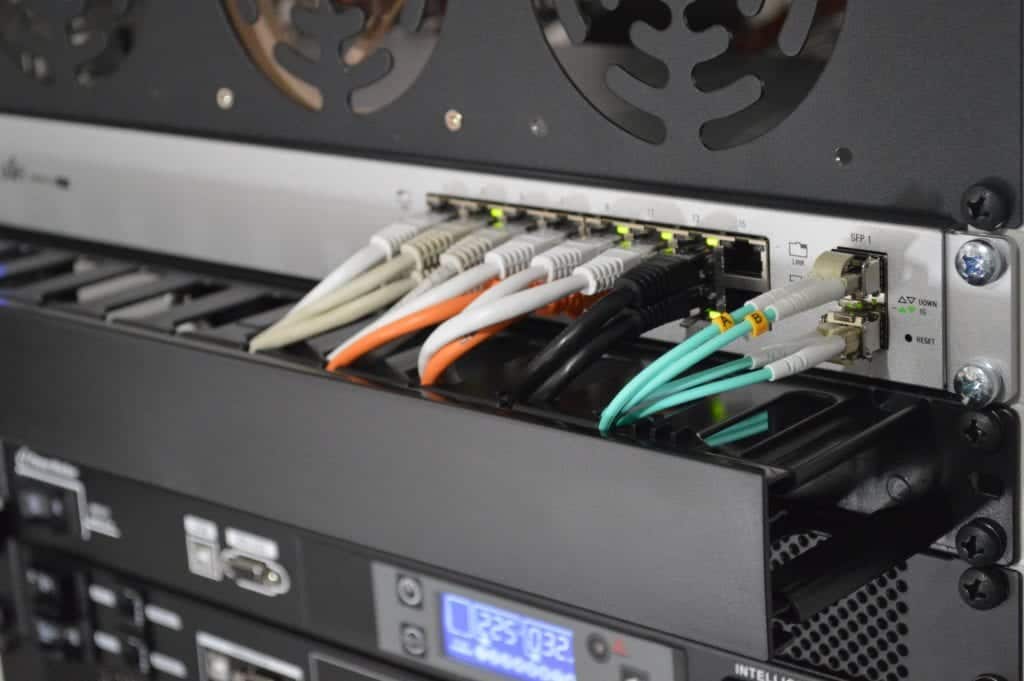The recent workspace shift was considered a whim last year, but it is normal now. Companies across North America have adopted in-house strategies, while at the same time continuing to allow other employees to work in the office.
That means managers must agree to the new standard of workspace. A setting where they need to manage hybrid staff made up of both office-based staff, as well as staff (either permanent or opposition) who work outside the site.
In fact, a new global business study presented by Xerox found that companies are investing in new equipment to support hybrid employees, with 56 percent increasing technology budgets and 34 percent planning to accelerate their digital transformation by 2020.
With that in mind, how can your organization adapt to this new model of hybrid staff and balance the needs of site staff and remote operators?
Invest in technology that supports hybrid staff
Closing the gap between your site staff and remote operators is one of the most important steps you can take when successfully managing your hybrid staff. That’s because remote employees can face a breakdown of your internal functioning, and this will have a negative impact on the work they produce.
Communicating with your local staff is no doubt easy. You can stand at their desk, have a quick stand-up meeting or go out for a lunch break. For your remote team, however, you may feel the need to make it more formal by arranging a meeting or sending an email.
In fact, you need to invest in technology that gives your entire organization a sense of teamwork – wherever they are. Real-time communication tools and collaborative tools are a great way to ensure that your on-site and off-site teams are in constant contact.
Explain clearly which roles work where
In order to successfully create hybrid employees, you need to find the right balance between those who work at home and those who come to the office. There is no doubt about it, some roles are simply better suited for office work and some can be easily done remotely.
Take time to consider which roles will be most productive and effective at home, and which ones will work best in the office. For example, relocating a new job to a distant land may open the door for your company to gain top talent by joining opposing employees.
Focus on the best ways to cybersecurity
Hybrid staff means you will have more access points to your company’s network. Your on-site staff will send documents to remote workers, and those remote workers will be receiving files from the public WiFi connection. This increases the chances of a cybercriminal accessing your personal information.
You can prevent this by making sure you follow simple cyber security measures to protect your business. This includes creating a disaster recovery and data loss program, encouraging remote employees to use VPNs, improving your anti-virus software and enabling more authentication.
Implement an interdependent human resource management strategy.
One of the great driving forces behind the hybrid workers ’transformation is the growth and benefits of rival workers. By hiring part-time workers, your business can hire talent to close the skills gap, create faster and less expensive recruitment processes, create more flexible employees and adapt to changes within your market by constantly evaluating the needs of your employees.
However, managing dependent staff can be difficult. Without a proper strategy where your business will lose hidden costs, bad hiring practices and ineffective procedures.
The use of a professional provider of managed services (MSP) and a vendor management system (VMS) will solve those issues. By gaining the full visibility and control of your non-permanent employees, your organization will be able to see the various benefits offered by its dependent employees.






